A conservative activist group has filed a lawsuit against a reparations program in a Chicago suburb. According to this group, this program — which has given money to Black residents because of past injustices done to their ancestors — is unfair to local white residents.
This lawsuit comes as many cities around the United States are considering starting their own reparations program to help their communities.
The First City To Offer Reparations

This new lawsuit was filed by Judicial Watch, a national nonprofit conservative group. The suit is going after Evanston, Illinois, the first city in the United States to offer its Black residents reparations.
In 2021, Evanston began this program. These reparations are offered to Black residents and their descendants who lived in the city between 1919 and 1969.
The History of Evanston
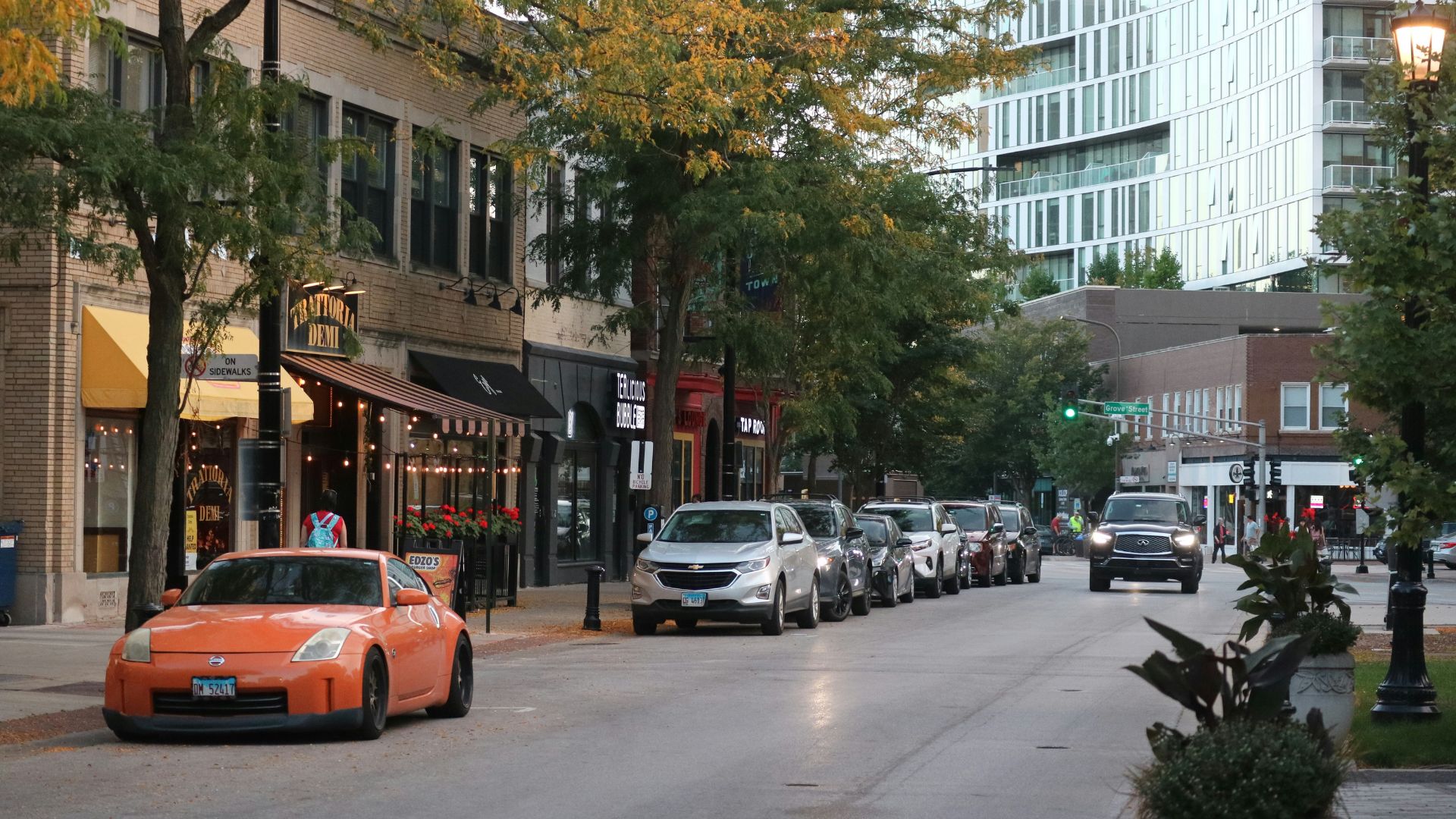
Evanston decided to offer reparations to these residents of its town because of its past actions in the 20th century, most notably its decision to discriminate when it comes to housing.
In 1969, Evanston officially banned housing discrimination. Now, this reparations program has offered $25,000 to those affected — or the descendants of those affected — for housing relief.
A $5 Million Program

As a result of paying back those that the city feels it has wronged because of its discriminatory laws, Evanston has paid about $5 million to many Black residents through this program.
The program remains ongoing. City officials, and many reparations supporters, have applauded Evanston’s decision to give financial compensation to those who have suffered because of discrimination and institutional racism.
A Violation of Other Residents’ Rights?
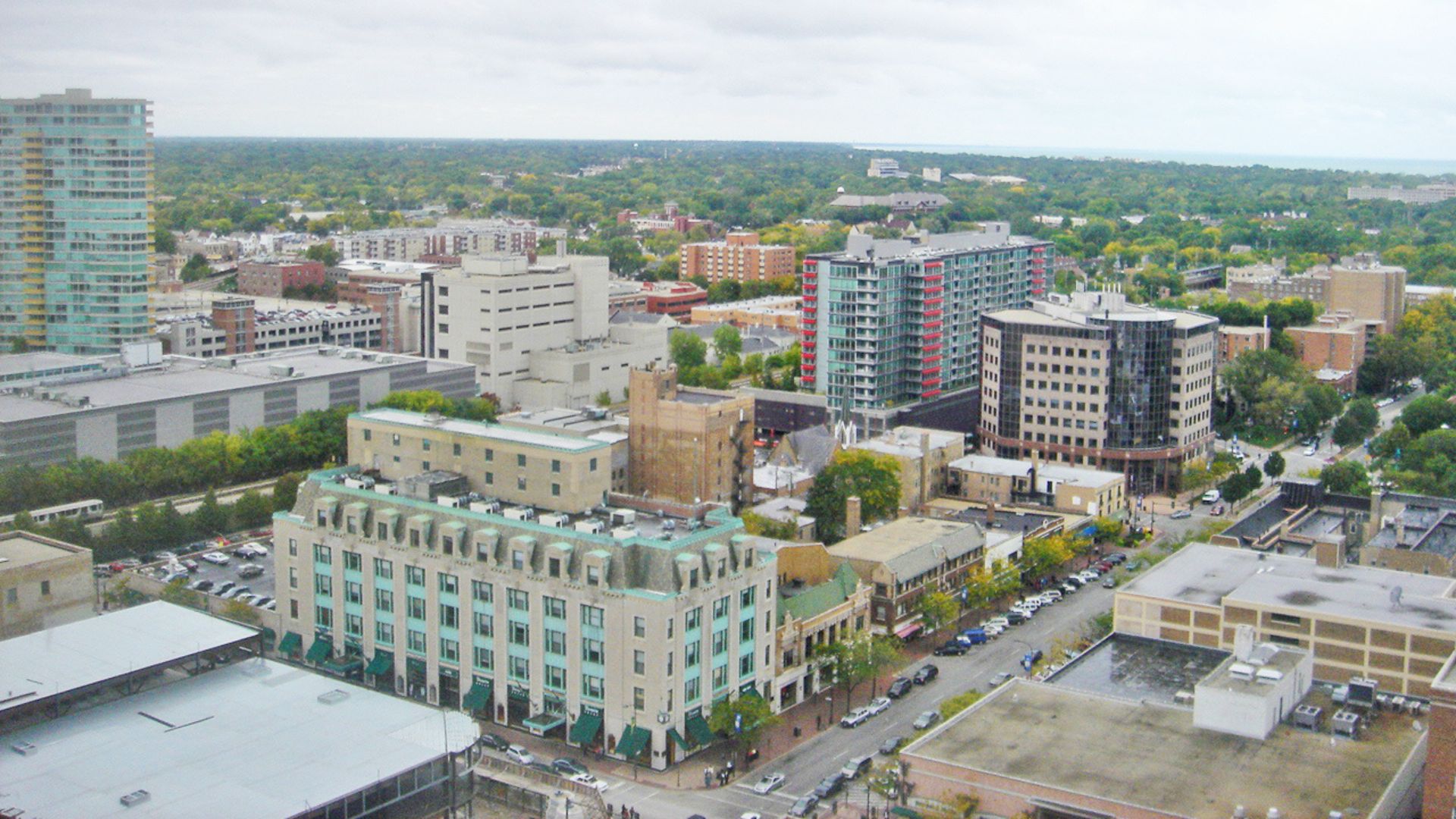
However, not everyone in Evanston agrees with this reparations program — and now, a new lawsuit has made this situation legal.
According to Judicial Watch’s lawsuit filing, this reparations program violates many rights of its residents, including the 14th Amendment of the Constitution.
Discrimination Against White People
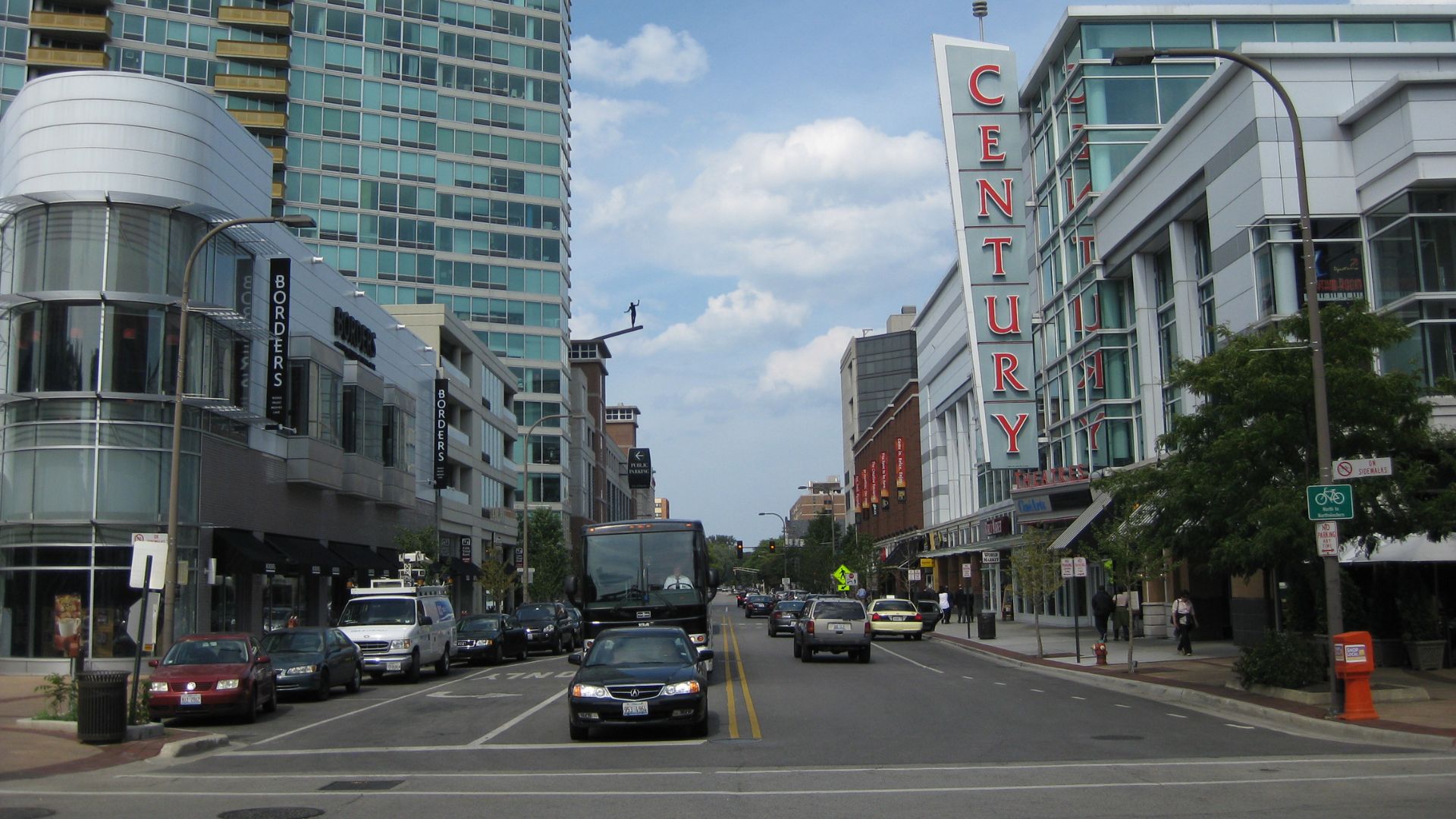
One of the biggest parts of this new lawsuit is the claim that this program discriminates against Evanston’s white residents, or anyone who does not identify as Black or African American.
Judicial Watch filed this suit on behalf of six residents who had family members who lived in Evanston between 1919 and 1969. None of these residents identify as either Black or African American.
Using Tax Dollars
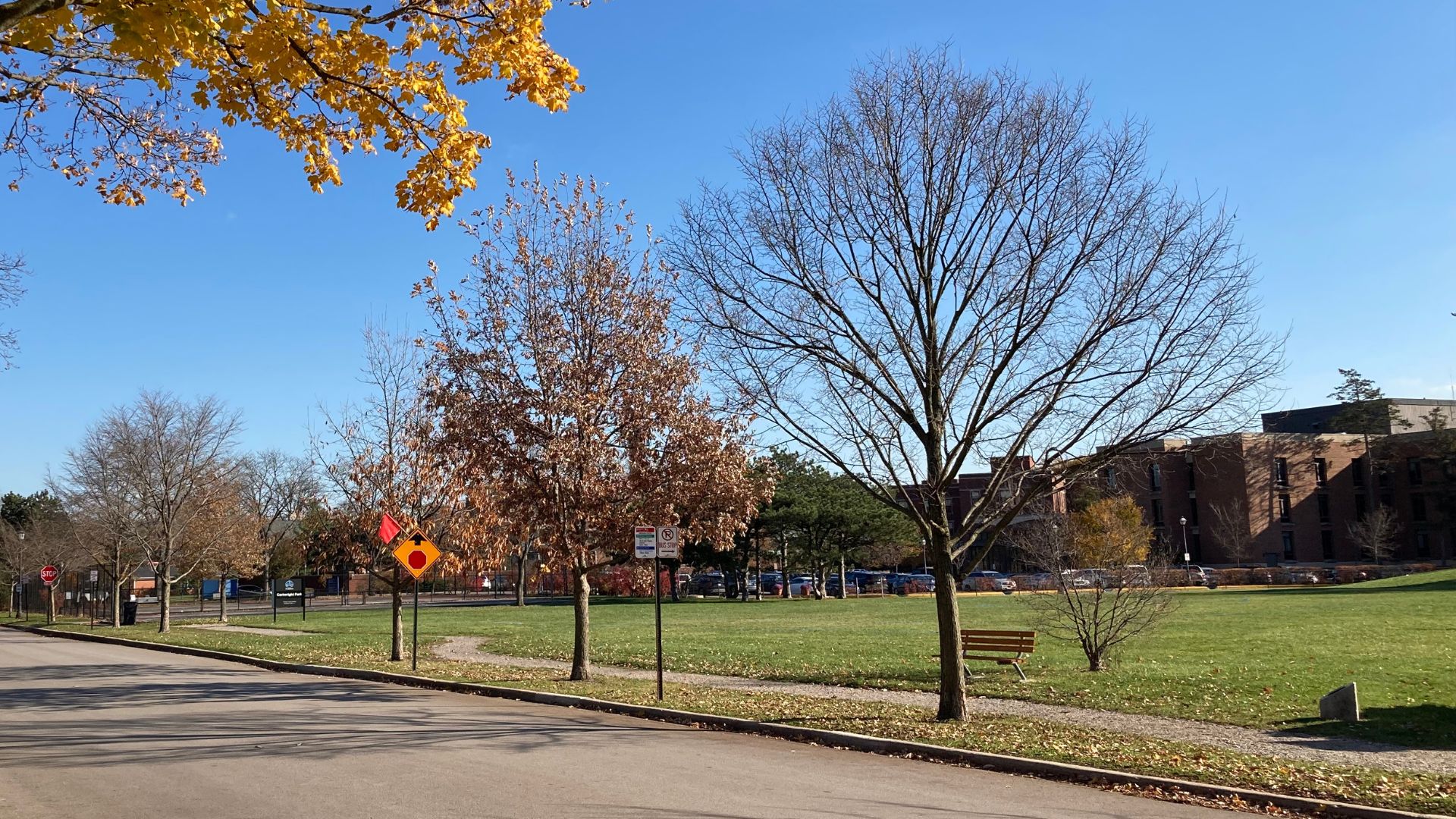
Tom Fitton, the president of Judicial Watch, wrote a news release on the group’s website explaining why they believe this program harms others.
“The Evanston, Illinois’ ‘reparations’ program is nothing more than a ploy to redistribute tax dollars to individuals based on race,” Fitton wrote. “This scheme unconstitutionally discriminates against anyone who does not identify as Black or African American. This class action, civil rights lawsuit will be a historic defense of our color-blind Constitution.”
Evanston’s Response
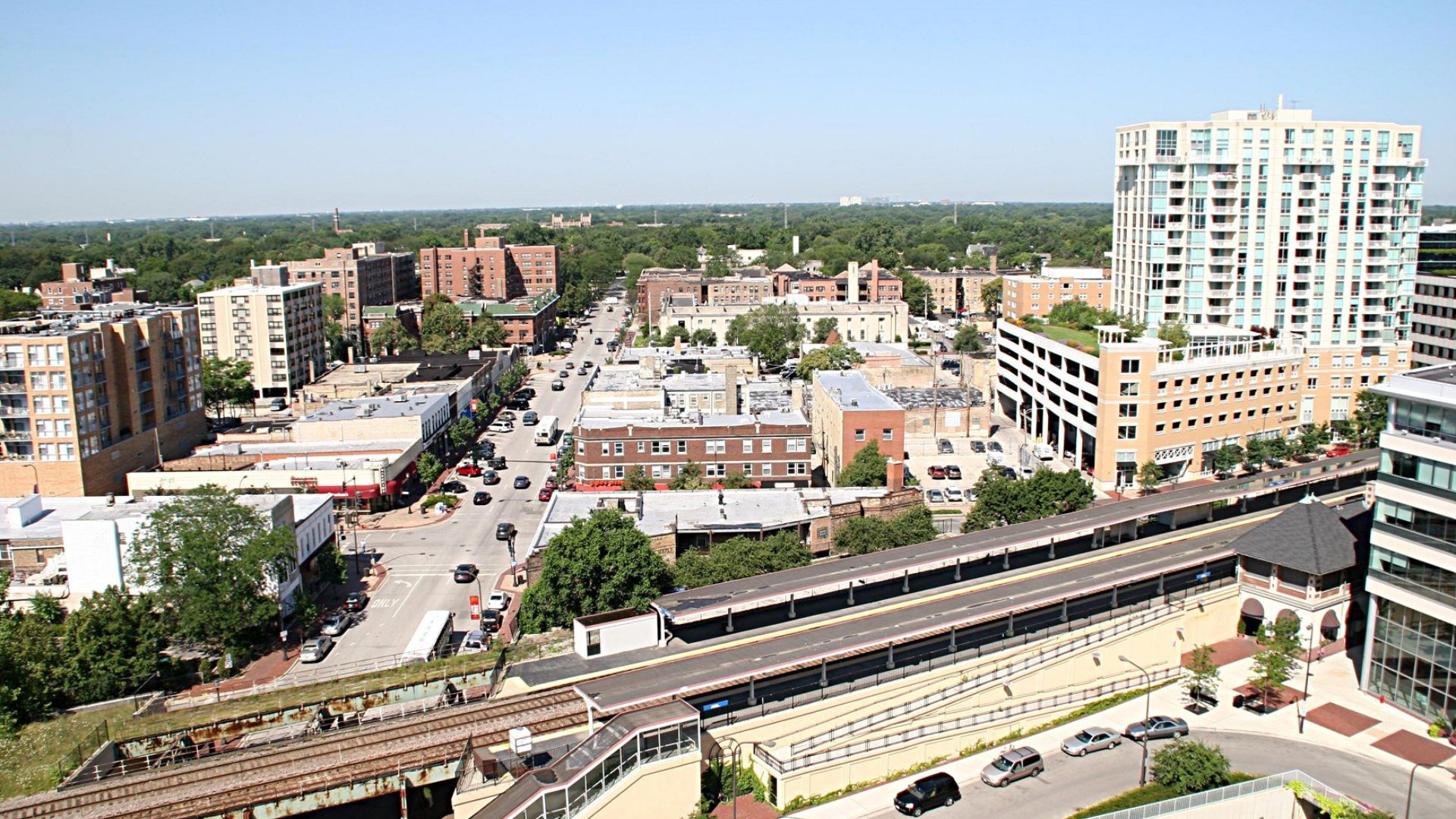
Evanston officials have already responded to this lawsuit, which was filed on May 23. Officials have promised to fight this legal battle and keep the city’s reparations program.
Cynthia Vargas, Evanston’s communications and engagement manager, wrote that the city “will vehemently defend any lawsuit brought against our City’s reparations program.”
What Are Reparations?
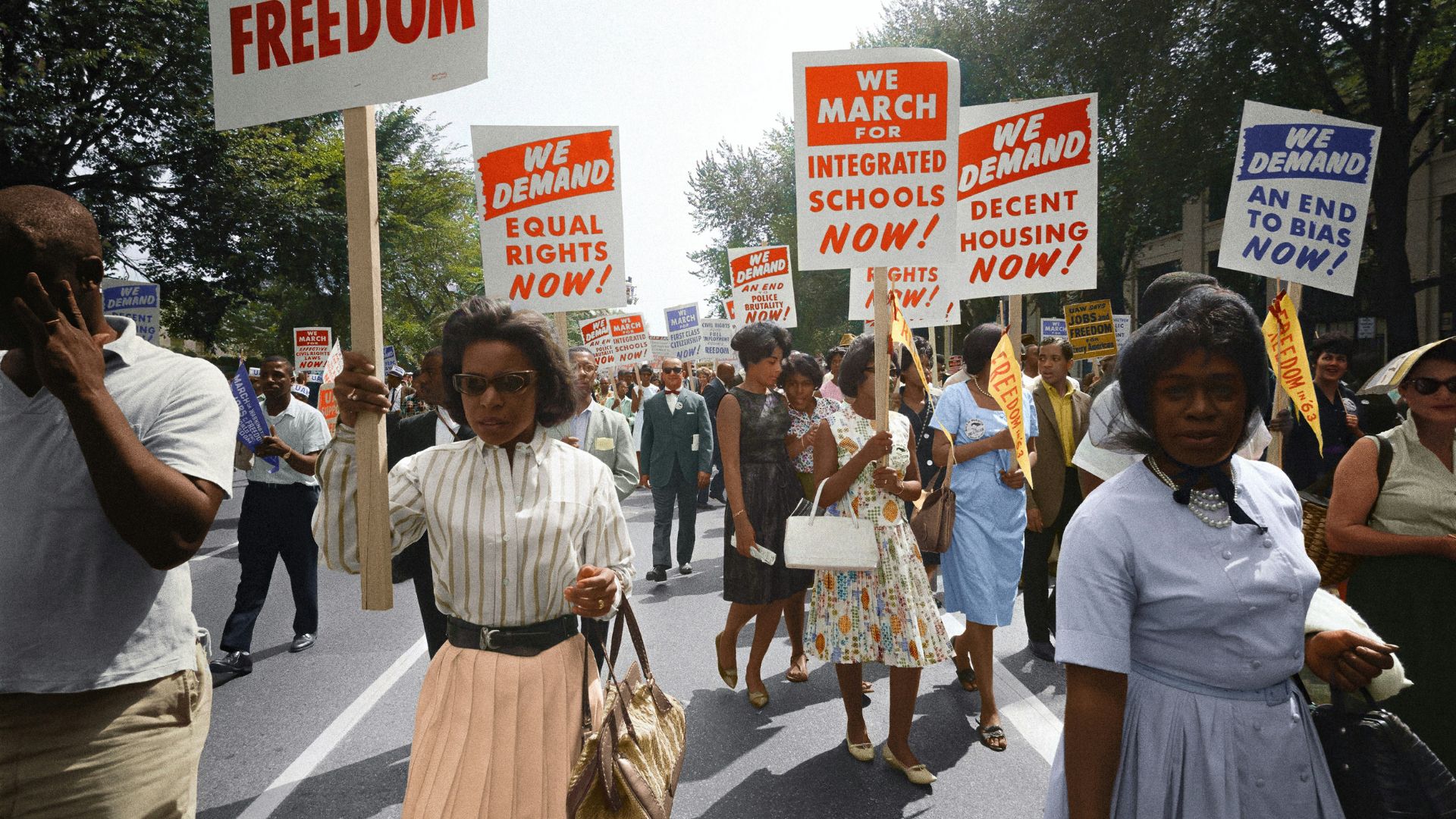
This lawsuit comes as many cities — and the United States as a whole — debate whether they should create their own reparations programs.
Reparations are a form of financial compensation given by governments to a group of people who were wronged in the past, often because of racial discrimination. Advocates of reparations have pushed for Black and African American descendants to receive this form of compensation because of slavery and institutional racism.
Other Cities Offering Reparations

Though Evanston was the first U.S. city to create a program where they offered reparations to their residents, they are no longer alone. Many other cities around the country have committed to begin giving their Black residents financial compensation for past misdeeds.
These cities include Providence in Rhode Island, Asheville in North Carolina, Durham in North Carolina, and Amherst in Massachusetts.
State-Run Reparations Programs
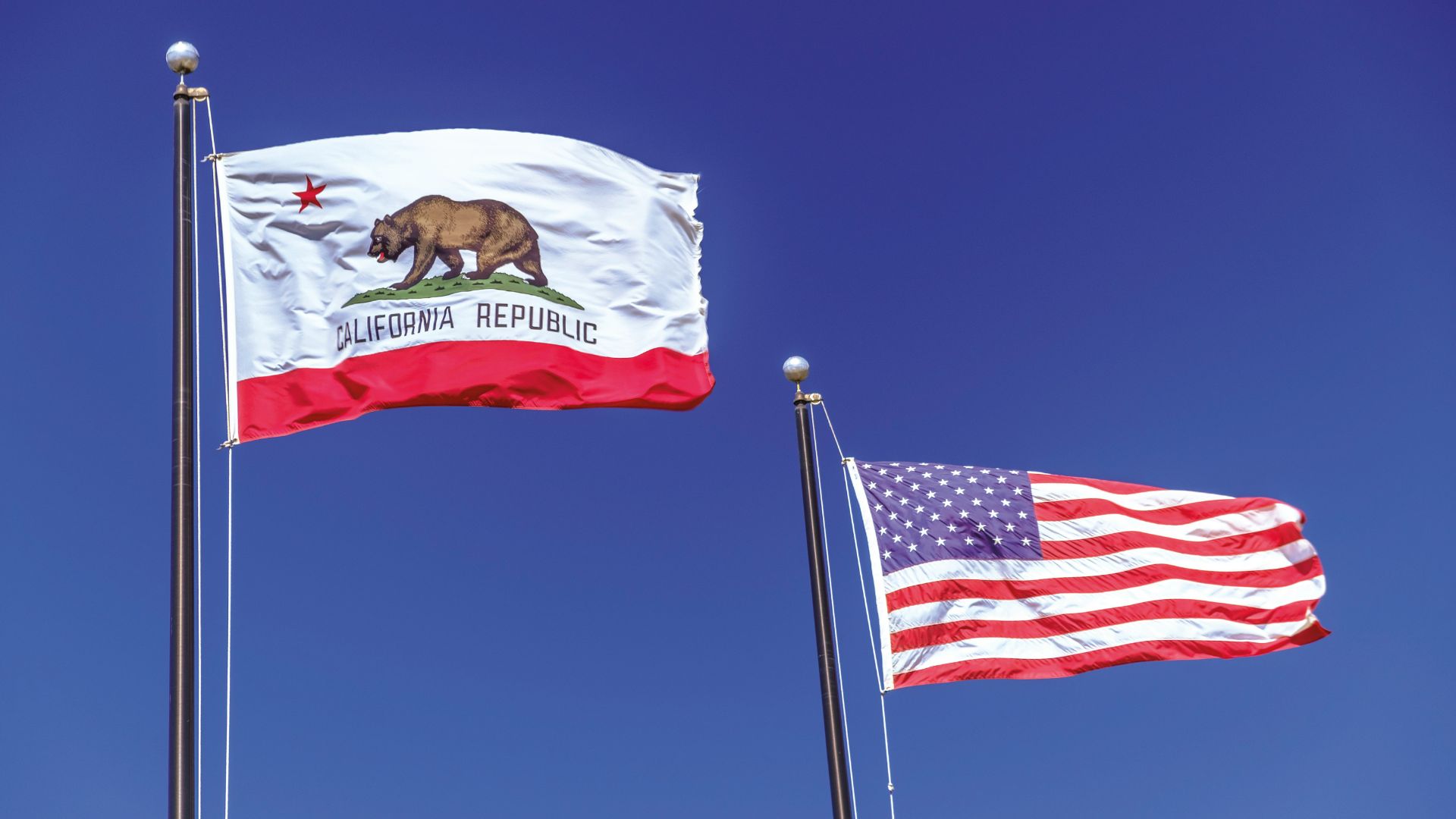
State lawmakers have also pushed to create state-run reparations programs, rather than city-run ones. State commissions have been formed with the goal of offering reparations to citizens in the near future.
These states include California, Boston, New York, and Philadelphia.
Reparations in the United States
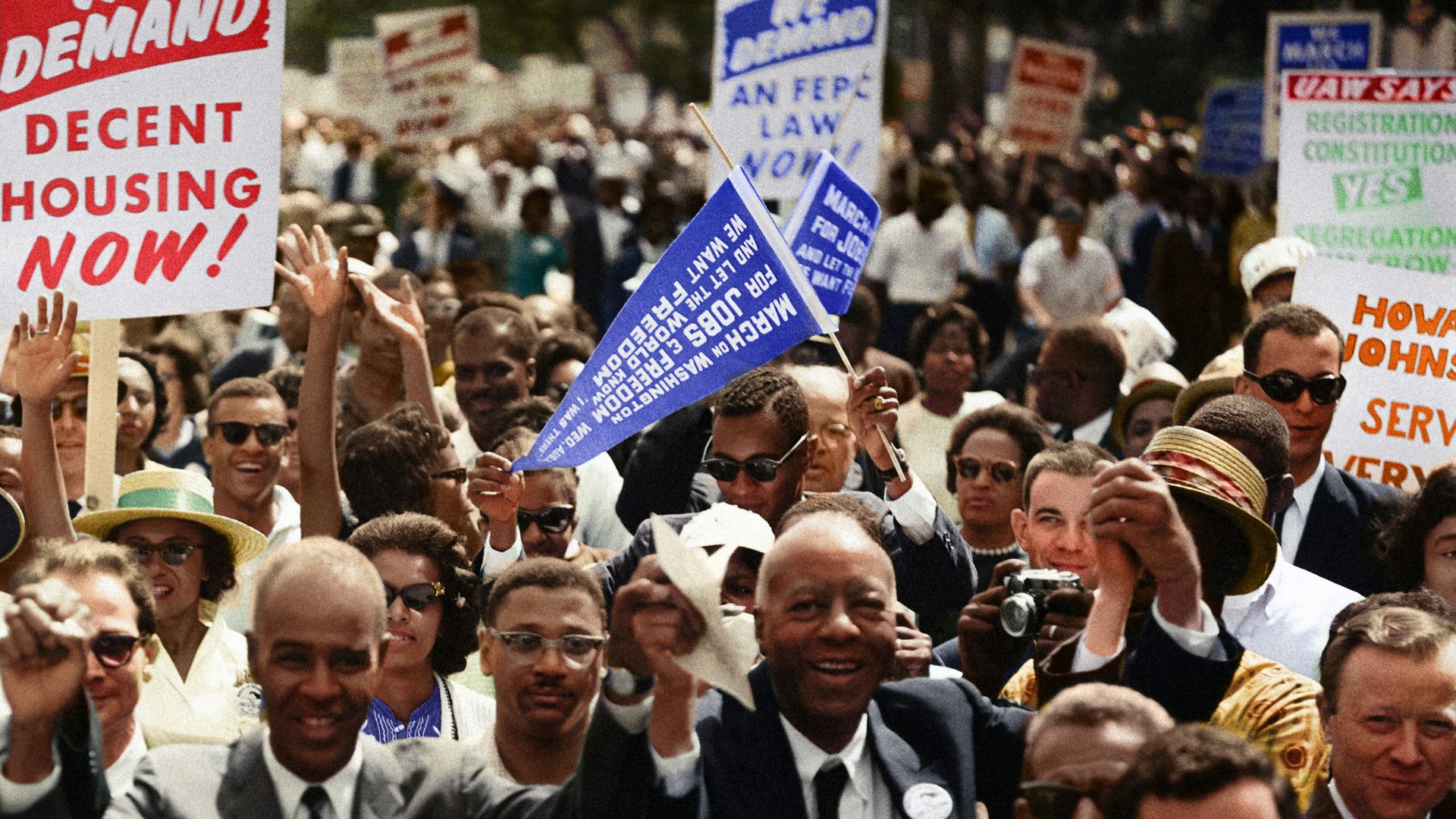
For the most part, the majority of Black Americans support the idea of reparations being offered in the United States. However, these types of financial compensation packages remain controversial in much of the country.
According to the Pew Research Center, more than three-quarters of white Americans do not support reparations. Meanwhile, the majority of Asian Americans and Latinos also do not support these programs.
